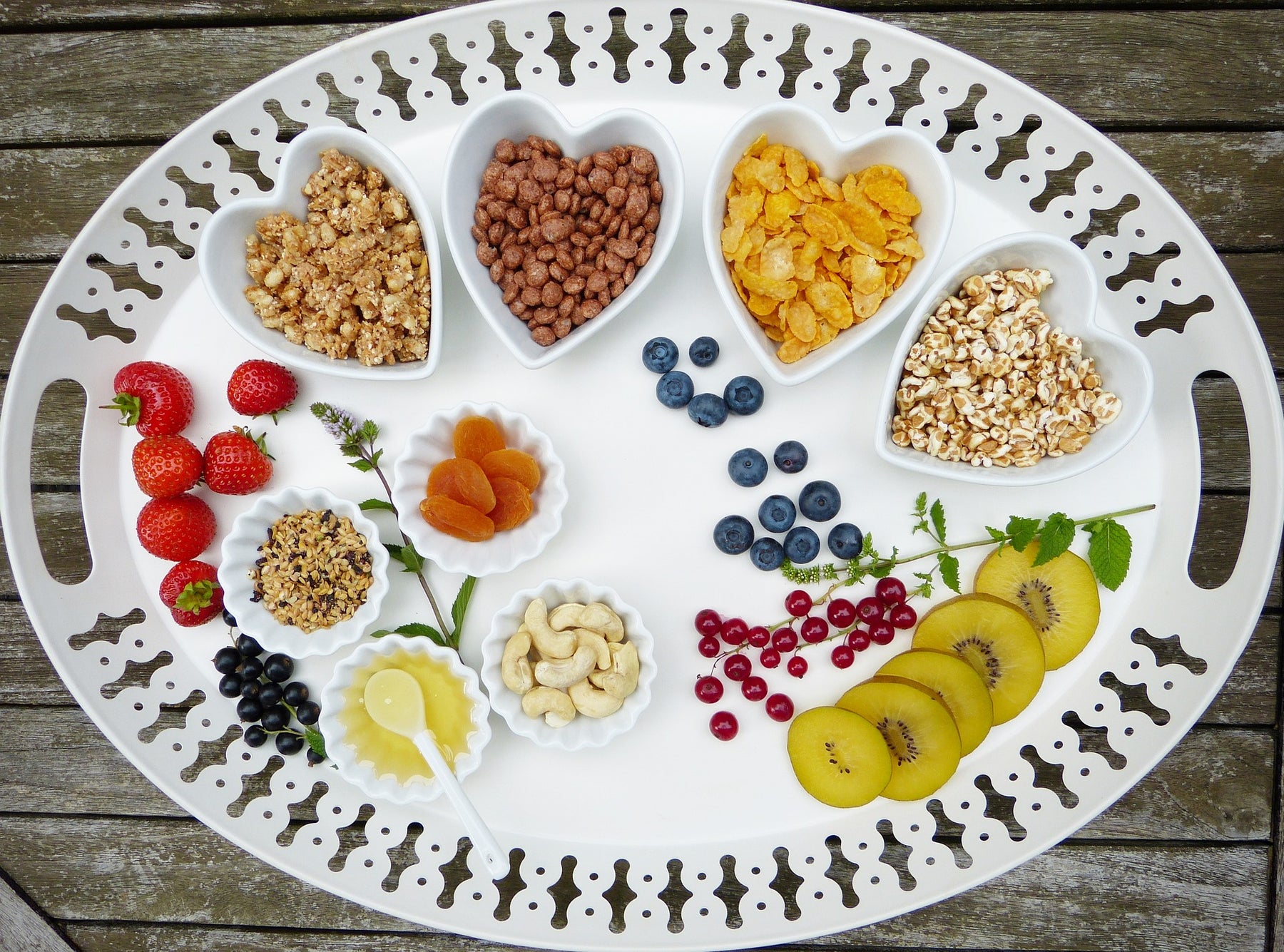
These Tasty Foods Fight Dangerous Cholesterol Levels
Let’s get something straight about cholesterol.
Not all cholesterol is bad.
The truth is there are two kinds of cholesterol, LDL and HDL cholesterol.
HDL cholesterol is a good kind of cholesterol and is important for many bodily processes.
On the other hand, LDL cholesterol, is not a necessarily beneficial cholesterol. A natural byproduct of diet, LDL cholesterol has the tendency to coagulate in your arteries where it can eventually create blockages that lead to massive cardiovascular problems.
You need HDL and you want to get rid of LDL as best you can.
I wanted to clear that up before I show you this study, as most people automatically assume all cholesterol is bad since they’ve been told by health authorities this is the case.
Now, in order to lower LDL, you have to focus on diet. If you don’t, then you’re up a creek without a paddle.
One of the best ways to help lower LDL cholesterol is to switch to a diet that focuses entirely on whole foods. This includes meats, (so long as they’re not processed or contain artificial ingredients) fruits, vegetables, along with nuts and seeds.
Not only is this a great rule of thumb to help improve health on all fronts, if you’re looking to lower cholesterol specifically, it’s an absolute game-changer.
When it comes to whole foods that improve cholesterol there are a few foods that are better than the rest.
According to an analysis of several controlled trials 4 main foods that’ll help lower cholesterol and protect your heart.
These foods are:
- All nuts
- Plant protein obtained either from soy-based foods such as tofu, soy milk, or other soy-based meat substitutes, or from pulses such as beans, peas, chickpeas, or lentils
- Soluble fiber, such as "oats, barley, psyllium, eggplant, okra, apples, oranges, or berries"
- Margarine enhanced with plant sterols, or "cholesterol-like" compounds that can be found in fruits, vegetables, nuts, and cereals
Now as you’re reading that list you might notice a few of the foods that appear on the list are foods I strongly suggest avoiding.
In particular, I think you should steer clear of anything soy-based, as soy has been shown to negatively affect hormone function.
And, I’d suggest staying clear of margarine, even if it is “enhanced” with plant sterols. I can’t in good conscience recommend an artificial butter substitute since there’s a body of literature linking it to health problems.
That being said, the other foods are great for improving health, especially cholesterol levels.
These 4 foods all belong to a dietary food class called “the Portfolio.”
And in a study written by Laura Chiavaroli at the Department of Nutritional Sciences at the University of Toronto in Canada, it would appear that this portfolio of foods really can alter health.
As Medical News Today writes:
The Portfolio diet recommends a daily intake of 42 grams of nuts, 20 grams of soluble fiber, 2 grams of plant sterols, and 50 grams of plant protein. The amounts are based on a daily consumption of 2,000 calories.
Chiavaroli and colleagues examined randomized and non-randomized controlled trials that studied the effect of this dietary pattern "in comparison to any energy-matched diet that did not provide components of the Portfolio [diet]."
Overall, the analysis found that sticking to the Portfolio diet helps keep cholesterol levels healthy, as well as triglycerides (which are the most common fat types in the human body), blood pressure, and C-reactive protein (which is a marker of inflammation).
In fact, the Portfolio diet decreased LDL cholesterol by 17 percent and the risk of developing poor heart health over the course of a decade by 13 percent.
The authors conclude, "Current evidence demonstrates that the Portfolio dietary pattern leads to clinically meaningful improvements in [LDL cholesterol] as well as other established cardiometabolic risk factors and estimated 10-year [coronary heart disease] risk."
Study co-author Dr. Hana Kahleova, Ph.D. — the director of clinical research for the Physicians Committee for Responsible Medicine — comments on the findings.
She says, "Previous clinical trials and observational studies have found strong evidence that a plant-based diet can improve heart health."
"This study demonstrates that certain plant foods are especially effective for helping improve cholesterol and boosting our overall cardiovascular health."
So what does that mean for you?
Well, it’s simple really.
If you’re a person whose diet does not contain some of these foods (minus soy and margarine) then I suggest adding them.
Do this in combination with cutting out processed/refined sugars as well and you should see improvement in cholesterol levels, and other important biomarkers improve as well.
Talk soon,
Dr. Wiggy
www.HealthAsItOughtToBe.com



